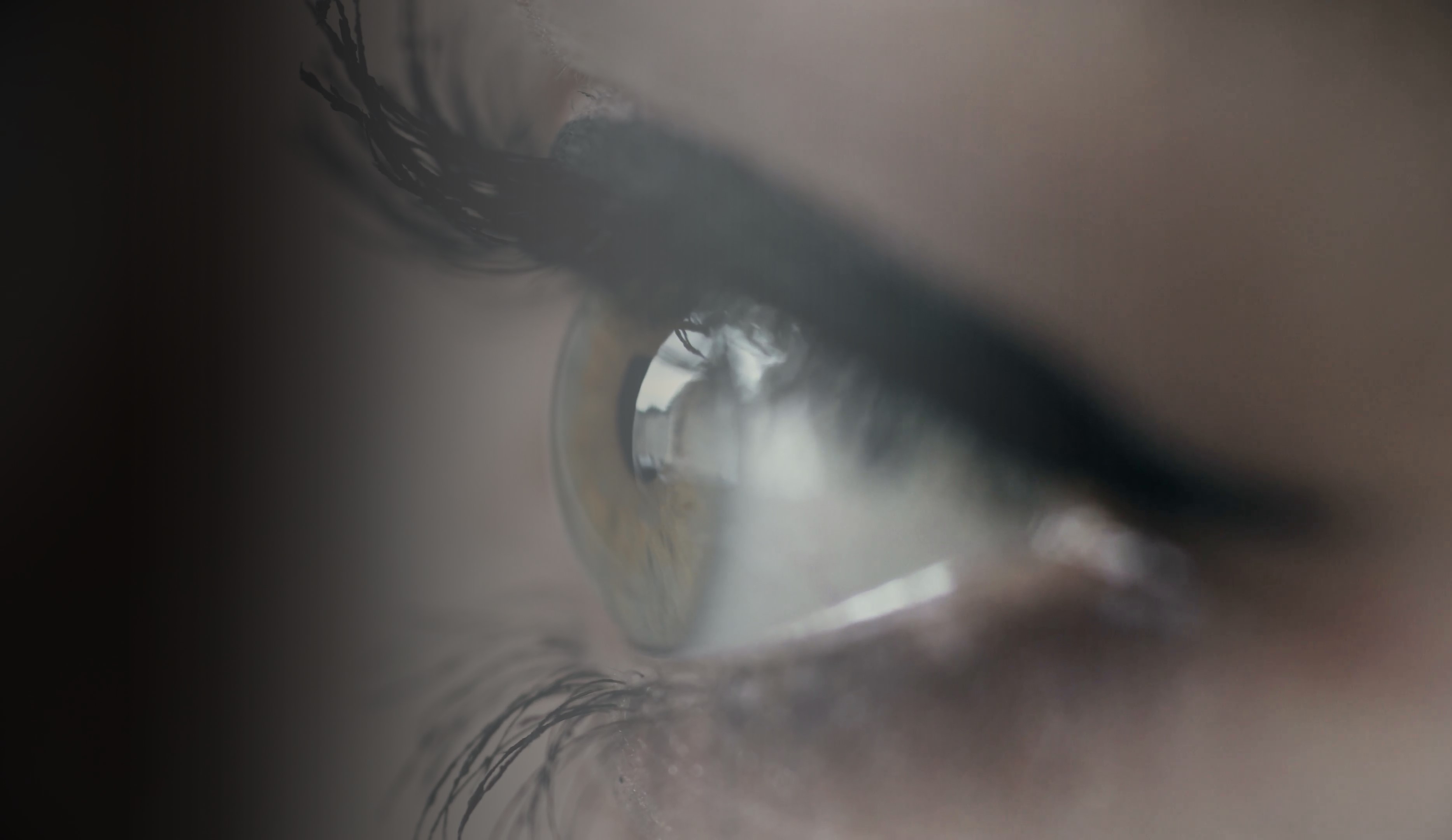Glaucoma - an eye condition that damage the optic nerve, and can result in vision loss or blindness.
The symptoms of Glaucoma might start slowly, and you may not notice them till it is too late. There is no cure for glaucoma, but early treatment can help to manage the damage and protect your vision.

What causes glaucoma?
Glaucoma is a progressive disease, and while many factors contributed to the risk of developing it, there is no known cause for it at the moment.
Risk factors for glaucoma:
- Age: People age 60 years and older are at a higher risk of developing glaucoma
- Family history: People with family history of glaucoma are more likely to develop the disease
- High fluid pressure inside the eyes: People with high fluid pressure inside the eyes are at an increase risk
- Decreased corneal thickness: People with a thinner cornea are at a higher risk. Age, myopia are some factors that contributes to the thinning of the cornea.
Symptoms of glaucoma:
There are generally 2 type of glaucoma - Acute and chronic. The symptoms and onset for both are relatively different.
Acute glaucoma
Also know as angle-closure glaucoma. It is less common, and can be more severed as compare to chronic glaucoma. Acute glaucoma can happen suddenly, and develops quickly. The symptoms are as such:
- Severe eye pain
- Headache
- Nausea
- Seeing halos around lights
- Vision loss

Source: https://www.timesnownews.com/health/do-you-see-halos-forming-around-lights-acute-glaucoma-risk-of-vision-loss-risk-factors-hypertension-article-94364240
Acute glaucoma is a medical emergy and requires immediate treatment to prevent permanent damage to the optic nerve.
Chronic glaucoma
Also known as open-angle glaucoma, and is the most common form. Unlike acute glaucoma, the chronic version develops over time, and is often without any noticeable symptoms in the early stages. As the disease progresses, you may start to develop:
- Gradual loss of peripheral vision (narrower field of vision)
- Tunnel vision or complete loss of vision.

Glaucoma can be detected over a comprehensive eye-health check.
If you are experiencing any symptoms, please visit your nearest optical outlet that provides comprehensive eye-examination, or visit your nearest GP for a thorough check.
